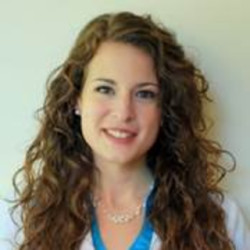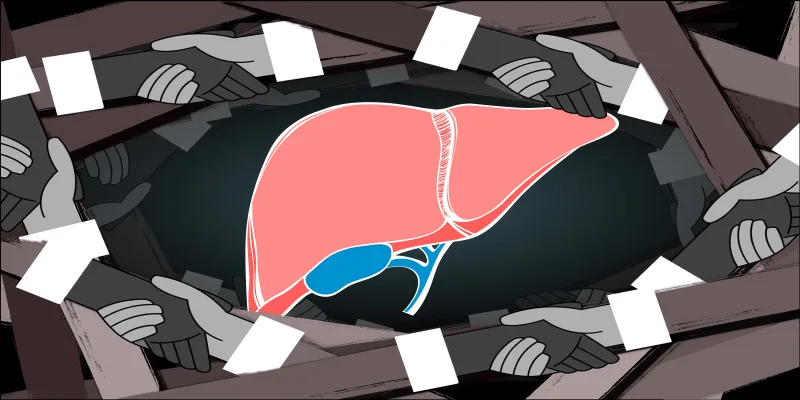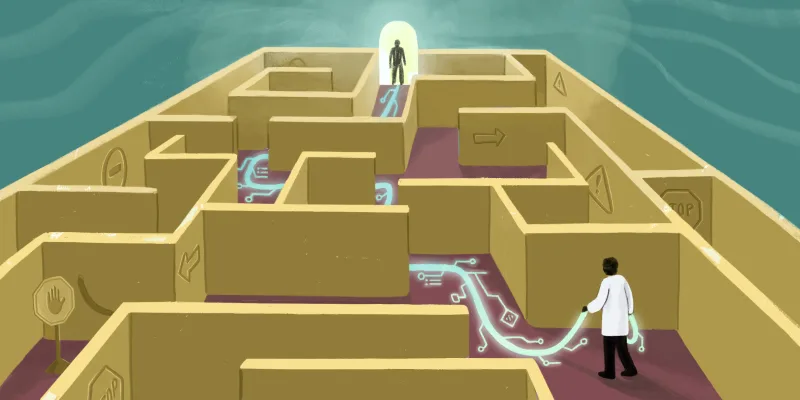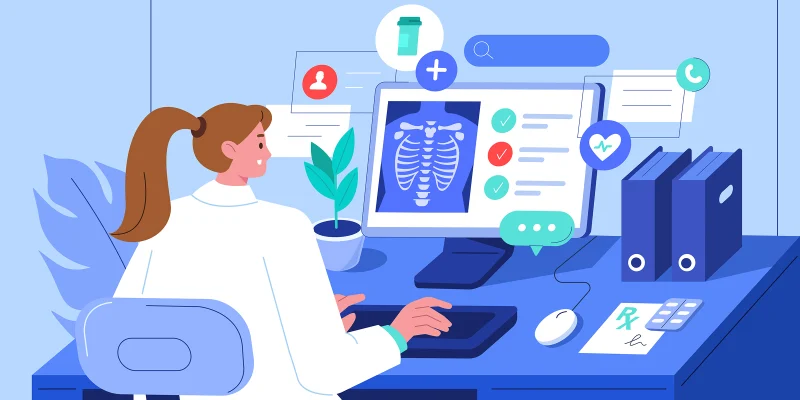Nearly every American, medical professional or otherwise, can relate to the autumn nostalgia of a new academic year, when the leaves change and you feel that first crisp breeze.
For those of us in medicine, a similar but more profound version of this spirit rolls around every summer, as the new medical academic year unfolds. For those just beginning their medical education, the idea of embarking on a residency holds promise. For those currently going through training, July 1 symbolizes a new status and new responsibilities, both comfortable and uncomfortable, and the promise of personal and professional growth. For those of us who have finished training, we can look back with mixed emotions, as each new year brought a changing of the guard — senior residents moving on and new recruits joining our ranks. For those of us who have chosen to remain in education, the summer is always a bittersweet season. We simultaneously struggle to acclimate a new class while saying goodbye to a group of seasoned chiefs, whose growth we have tirelessly helped cultivate over the past several years.
I still remember July 1 of my intern year, perhaps my most notable July 1 of all, when I fainted (literally, no joke) after discovering one detail I had missed while chart checking my list of 40-plus trauma patients. This was back in the early days of the EMR, when most notes were still either dictated or handwritten. Images and operative reports were available through the EMR. This transitional status made it more difficult than usual to piece together why each patient was admitted and determine the status of each of their ongoing issues. I spent over six hours on June 30 looking back and forth through paper charts and the segmented EMR, creating a narrative for each patient so that I would be ready to function fully as an active member of the team on July 1. But then July 1 came, and there was an upper endoscopy for one patient that I had failed to discover during my prior investigations. I was suddenly overwhelmed by the feeling that I was not good enough to be a surgeon and that all my work to get to this point in my career had been for nothing. The last thing I saw before everything went black was my stack of notes falling out of my hands against my will. I woke up uninjured and wanted to get back to work, but my chief insisted that I sit for a while and drink an orange juice. It’s hilarious now, but I wasn’t able to see the humor until much later, when I found my stride and realized that I was, indeed, capable of becoming a surgeon.
I also remember July 1 of my second year, when I started as a visiting resident at an affiliated hospital and realized that I was able to hold my own even in an unfamiliar environment. I remember July 1 of my third year, too, when I was allowed to be the chief of a service for the first time. And I remember July 1 of my fourth year, mostly because one of my favorite co-residents had left for fellowship, and the place simply wasn’t the same without her. Finally, I most certainly remember July 1 of my final year, when amid a hectic fellowship interview season, I stepped into the role of administrative chief. I was in the first class for which the American Board of Surgery decided to push surgical fellowship start dates to August 1, but I remember that August 1 just the same.
These are big days, landmark days. And although they may not mean much to our friends and family outside of the medical world, they will always hold a special meaning for us. Each successive July 1 meant that you had made it to the next level — you had achieved so much and learned so much during the previous year that you had made yourself worthy of promotion. If I could play a Hollywood-style montage of all my first of Julys, it would show the transition of a lay person into a competent surgeon. And for each of us, the story is the same. Each of our montages would show our clear metamorphosis into the clinician we so deeply had been hoping to become on that very first July 1.
Despite our busy schedules and the inherent chaotic nature of Junes and Julys, we should all take a moment to remember and celebrate every July 1. After all, without them, we would not be where we are today.
What significance does the start of a new academic year in medicine hold for you? Share your experiences in the comments.
Dr. Danielle Pigneri is a trauma and acute care surgeon practicing in the Dallas-Fort Worth metroplex. When not working, she enjoys her other job, being a mom to two sweet young children. Dr. Pigneri is a 2022-2023 Doximity Op-Med Fellow.







